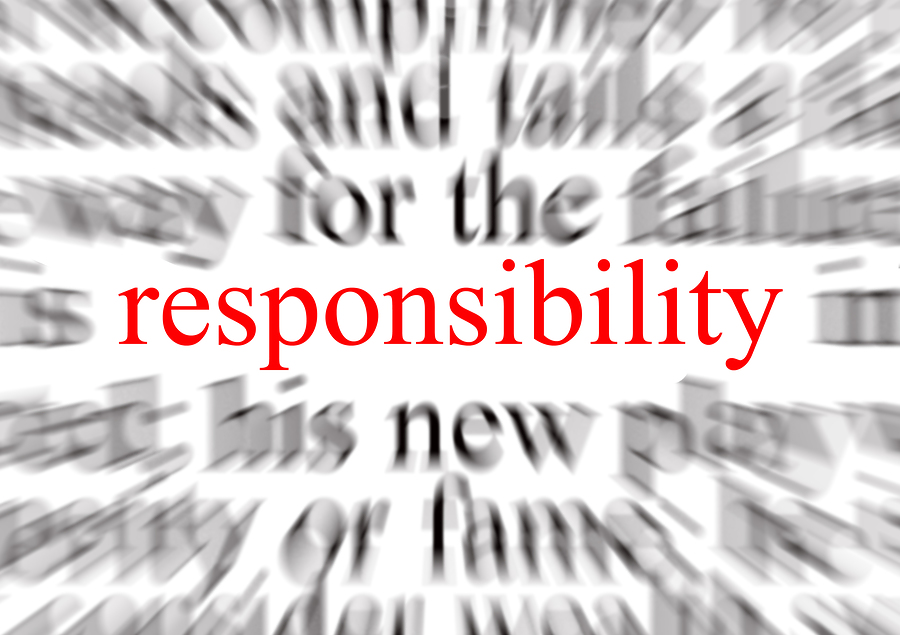 FIND THE IDEAL METAPHOR: Whenever you hear someone casually say the phrase, “I like to play the stock market,” they are in essence talking in terms of a metaphor or analogy. That’s because the word “play” implies that the individual’s approach to the stock market is similar to playing, as in “playing a game or sport.”
FIND THE IDEAL METAPHOR: Whenever you hear someone casually say the phrase, “I like to play the stock market,” they are in essence talking in terms of a metaphor or analogy. That’s because the word “play” implies that the individual’s approach to the stock market is similar to playing, as in “playing a game or sport.”
The idea of a “metaphor” may sound like an esoteric concept but in reality metaphors are a normal ingredient of our everyday language. They are nothing more than “figures of speech” that we commonly use to make complex concepts like “investing” more concrete and, therefore, easier to understand.
The value and use of effective metaphors has been recognized for centuries. The ancient Greek philosopher, Aristotle, wrote, “The greatest thing by far is to be a master of metaphor. It is the one thing that cannot be learned from others; it is also a sign of genius, since a good metaphor implies an eye for resemblance.”
In the mid-1800s, while contemplating the values of life on Walden Pond, famed American writer and philosopher, Henry David Thoreau, observed, “All perception of truth is the detection of an analogy.”
And more recently, university professors George Lakoff and Mark Johnson, in their book titled Metaphors We Live By, wrote, “Our ordinary conceptual system, in terms of which we both think and act, is fundamentally metaphorical in nature.”
My own personal background in the use of metaphors started when I was part of the training team for a two-week personal development seminar in 1990 hosted by peak performance and motivational expert Tony Robbins. It was during his introductory speech to our group of seminar trainers that Mr. Robbins said, “I’ve made a lot more distinctions about global metaphors. You all remember what those are? Yes? No? Global metaphors are symbols that we use to represent large areas of our lives.”
In the year 2000, I used the lessons that I learned from Tony Robbins about effective metaphors to write a Writer’s Digest award-winning relationship book titled Men Are Like Fish: What Every Woman Needs To Know About Catching A Man. In this book, I used the metaphor of “fishing” to help women understand men and “land” the love that they desired. In Men Are Like Fish, I equated the well-established fundamentals of successful romantic love relationships with the sport of fishing by linking the concepts of such things as “attraction” to the “bait,” “attachment” to the “hook,” “commitment” to the “net,” and the man that a woman wants to catch to the “big fish,” to name a few.
For nearly a decade, I appeared on over 230 radio and television talk shows sharing my insights on dating and romantic love relationships using my Men Are Like Fish metaphor. In sharing my message over time, I realized that a good metaphor’s magic lies in its ability to take a difficult subject and link it by analogy to something that is simple, familiar, tangible, and easy to understand. As a result, this higher level of understanding naturally leads to better performance and less frustration, whether it is in the area of dating, love relationships, or even investing.
When it comes to the subject of investing, the metaphor of “playing a game” fits well on several levels. For one, games are competitive activities that separate winners from losers. In addition, investing incorporates the elements of risk, rewards, percentages, probabilities, strategy, and money, which makes an analogy to gambling and wagering even more appropriate.
For many traditionally-trained investors, the ideas of “gambling” and “wagering” may not be something that they would be willing to embrace initially. That is perfectly understandable because historically investing wasn’t seen as a short-term gamble but more like a long-term sure thing. But as you probably realize by now, the game of investing has changed dramatically with our recent turbulent times.
**********
“To the rash and impetuous stock player, my advice is: Forget Wall Street and take your mad money to Hialeah, Monte Carlo, Saratoga, Nassau, Santa Anita, or Baden Baden. At least in those places… surroundings when you lose, you’ll be able to say you had a great time doing it.”
Peter Lynch ~ Author of One Up On Wall Street









 In today’s challenging economic climate, many individuals are feeling pressure to take on additional risk in order to receive higher rates of return on their invested funds. That’s because these people realize that they’re simply too far behind in terms of both money and time to use traditional conservative methods.
In today’s challenging economic climate, many individuals are feeling pressure to take on additional risk in order to receive higher rates of return on their invested funds. That’s because these people realize that they’re simply too far behind in terms of both money and time to use traditional conservative methods.